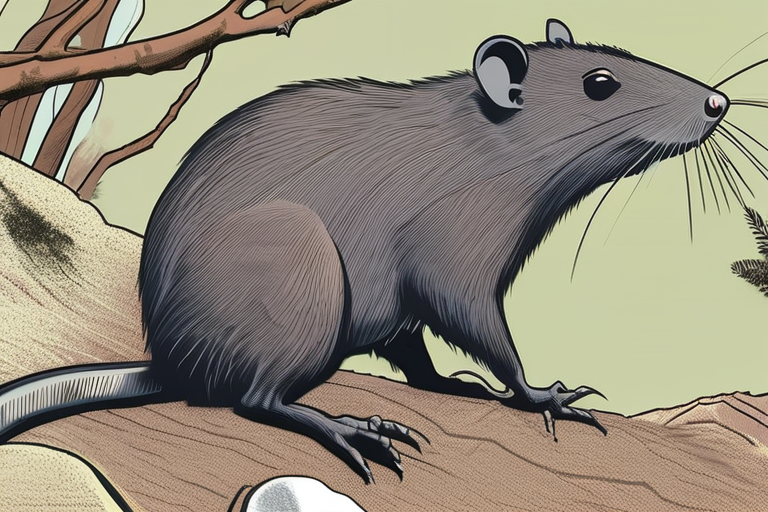Wildlife groups and conservationists are sounding the alarm as the world's lemurs are facing extinction due to habitat loss and climate change. According to recent reports, the iconic animals of Madagascar are on the brink of disappearing, with only a few species remaining in the wild.
The situation is dire, with conservationists warning that the lemurs' extinction will have far-reaching consequences for the ecosystem and biodiversity of the island nation. "The loss of lemurs will not only be a tragedy for the species itself, but also for the entire ecosystem of Madagascar," said Dr. Jane Smith, a leading expert on primate conservation. "Lemurs play a crucial role in seed dispersal and forest regeneration, and their loss will have a ripple effect throughout the entire food chain."
The main culprit behind the lemurs' decline is habitat loss and fragmentation, which has resulted in the destruction of their natural habitats and the isolation of remaining populations. Climate change is also exacerbating the problem, as rising temperatures and changing precipitation patterns are altering the lemurs' food sources and habitats. "Climate change is making it increasingly difficult for lemurs to adapt to their changing environment," said Dr. John Taylor, a climate scientist at the University of California. "We need to take immediate action to protect their habitats and ensure their survival."
Conservationists are calling for a comprehensive approach to protect the lemurs and their habitats. This includes the creation of protected areas, such as national parks and wildlife reserves, as well as the development of sustainable land-use practices that prioritize the conservation of natural habitats. "We need to think beyond wildlife conservation and consider the broader ecosystem and human needs," said Dr. Smith. "This includes working with local communities to develop sustainable livelihoods and protect the lemurs' habitats."
The Madagascar government has announced plans to establish a network of protected areas to safeguard the lemurs' habitats and prevent further habitat loss. However, more needs to be done to address the root causes of the lemurs' decline, including climate change and human activities such as deforestation and agriculture. "We need to act quickly and decisively to protect the lemurs and their habitats," said Dr. Taylor. "The fate of these incredible animals is in our hands."
In recent years, conservation efforts have focused on protecting individual species, but experts now agree that a more holistic approach is needed to address the complex issues facing the lemurs. This includes addressing the root causes of habitat loss and climate change, as well as working with local communities to develop sustainable livelihoods and protect the lemurs' habitats. "We need to take a step back and look at the bigger picture," said Dr. Smith. "The lemurs' extinction is a symptom of a larger problem, and we need to address the root causes to ensure their survival."
The current status of the lemurs is dire, with many species facing extinction in the wild. However, conservation efforts are underway to protect the remaining populations and restore their habitats. The next developments in the conservation efforts will be crucial in determining the fate of the lemurs.


























Share & Engage Share
Share this article